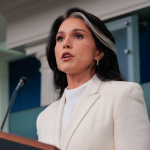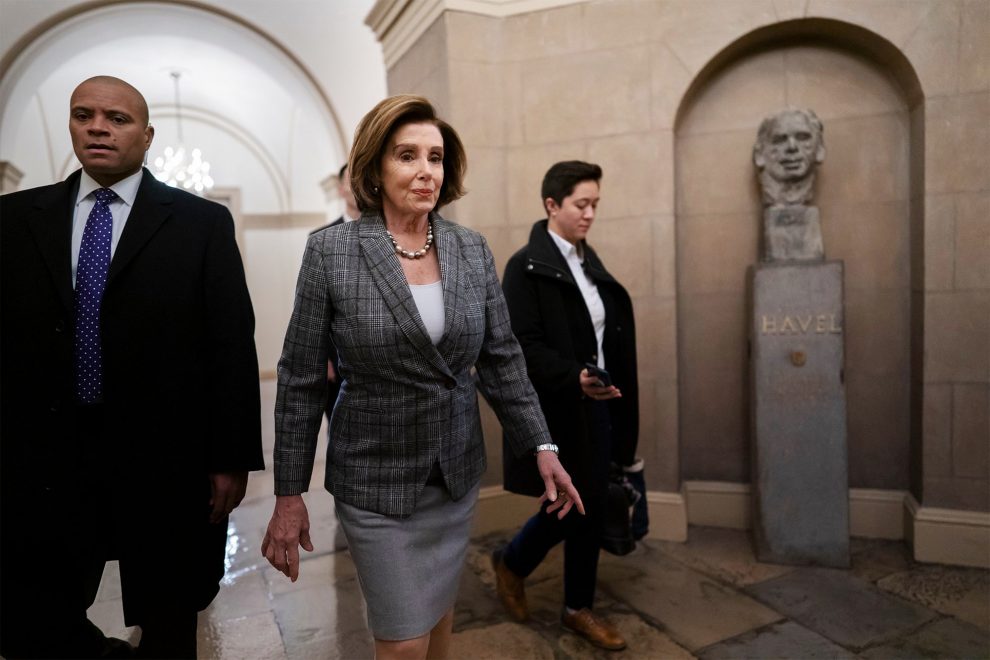Ahead of what is expected to be a bruising midterm election for the Democratic Party, nearly two dozen House Democrats have announced they will not be seeking re-election in 2022.
A variety of factors are contributing to the 23 — so far — Democrats retiring or moving on before the next election, including historical precedent, redistricting and President Joe Biden’s unpopularity based on his stalled legislative agenda and the fact he’s underwater poll-wise across a variety of issues.
Any way you slice it, next year looks bad for Democrats.
“If you’re a [retiring] Democrat, one of the elements you’re thinking about, is that it may be a bad year,” former Tennessee House Democrat Bart Gordon, who retired in 2010, told CBS News. “But you don’t go through hard elections and all the fundraising and the time away from your family and just throw up your hands and say, ‘It’s going to be a bad election.’ It’s a combination of a variety of things.”
Nevertheless, several prominent Democrats are calling it quits ahead of what is expected to be a shellacking for their party in the 2022 midterms.
It was just last week that three major Democrats announced they would not seek re-election, including Stephanie Murphy of Florida, Lucille Roybal-Allard of California and Albio Sires of New Jersey.
Murphy is the co-chair of the moderate Blue Dog Coalition and a member of the House select committee investigating the Jan. 6 attack on the U.S. Capitol. She is the chief deputy House whip.
Roybal-Allard, who has served in Congress since 1993, holds a coveted “cardinal” spot that translates into authority over one of the 12 annual appropriations bills that decide where the federal government spends money. Roybal-Allard leads the subcommittee responsible for homeland security spending.
Sires chairs the Foreign Affairs subcommittee and sits on the budget and infrastructure committees. He has been a member of the House since 2006.
That’s just the tip of the iceberg for Democrats.
Peter DeFazio of Oregon, chair of the Transportation and Infrastructure Committee; John Yarmuth of Kentucky, head of the Budget Committee; and Eddie Bernice Johnson of Texas, chair of the Science, Space and Technology Committee, have previously announced their retirements.
In some ways, Democrats’ anticipated poor performance next year is not that unusual. Historically speaking, the party in power tends to do poorly in the first midterm election after a presidential election.
Democrats were crushed in the 2010 midterms and Republicans were swamped by a blue wave in 2018.
Another factor: The 2022 elections will take place after redistricting — that is, state legislatures redrawing congressional maps based on new census data. That could translate into vulnerable Democrats in GOP-controlled states finding themselves defending a seat redrawn to be more safely Republican.
Exacerbating Democrats’ dim prospects for next year, Democratic Sen. Joe Manchin of West Virginia’s recently announced that he will not support Biden’s $1.7 trillion Build Back Better social spending bill Democrats have been negotiating for months.
That’s on top of Democratic legislative efforts on voting and immigration reforms stalling.
And then there’s the perception that Biden is an ineffective leader. Americans are dissatisfied with the way Biden is managing the economy, jobs and other issues, according to a recent poll from Morning Consult and Politico.
Only 17 percent of participants surveyed in the poll “strongly approve” of Biden’s performance on the economy, while 40 percent “strongly disapprove” of the president’s job.
Biden’s numbers on jobs told a similar story. Only 19 percent of respondents strongly approve of his handling of jobs, compared to 34 percent who strongly disapproved.
On immigration, 12 percent of people strongly approved of Biden’s job on immigration. That figure was dwarfed by the 41 percent who strongly disapprove of the president’s work on the issue.
The GOP, to a lesser extent, faces a similar predicament in the form of a dozen Republicans having announced plans to retire or run for another office, on top of those who have already left.
Story cited here.
























